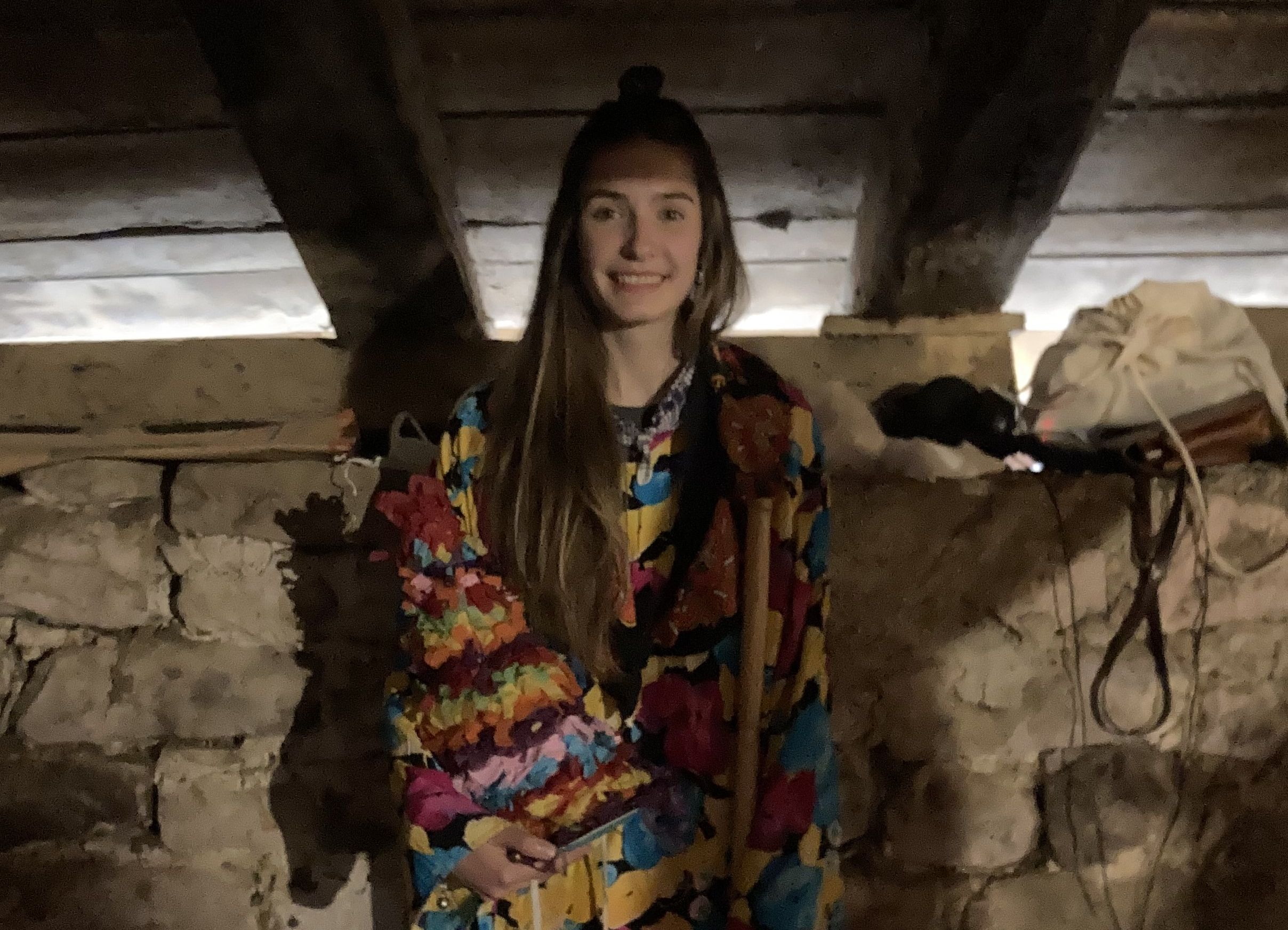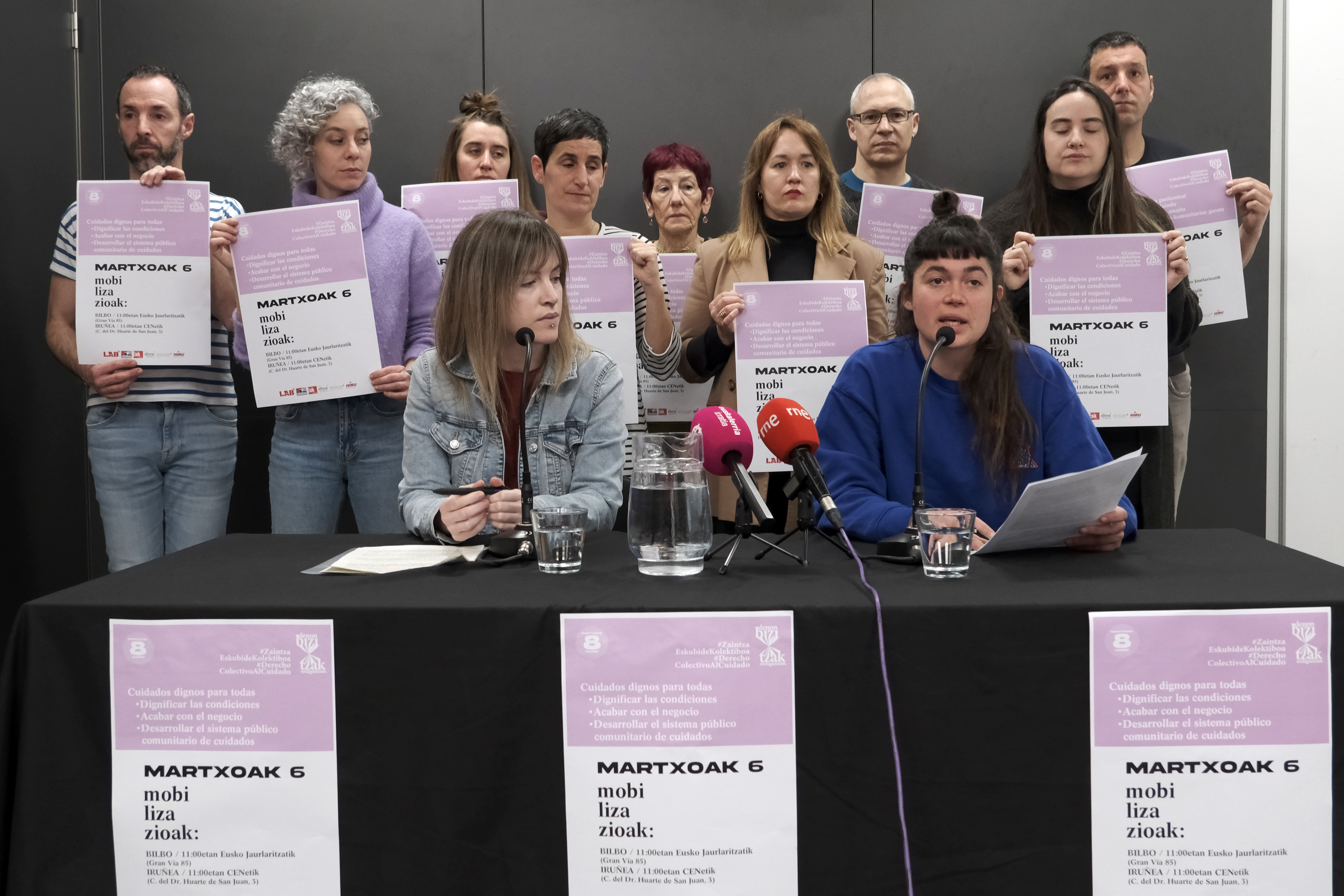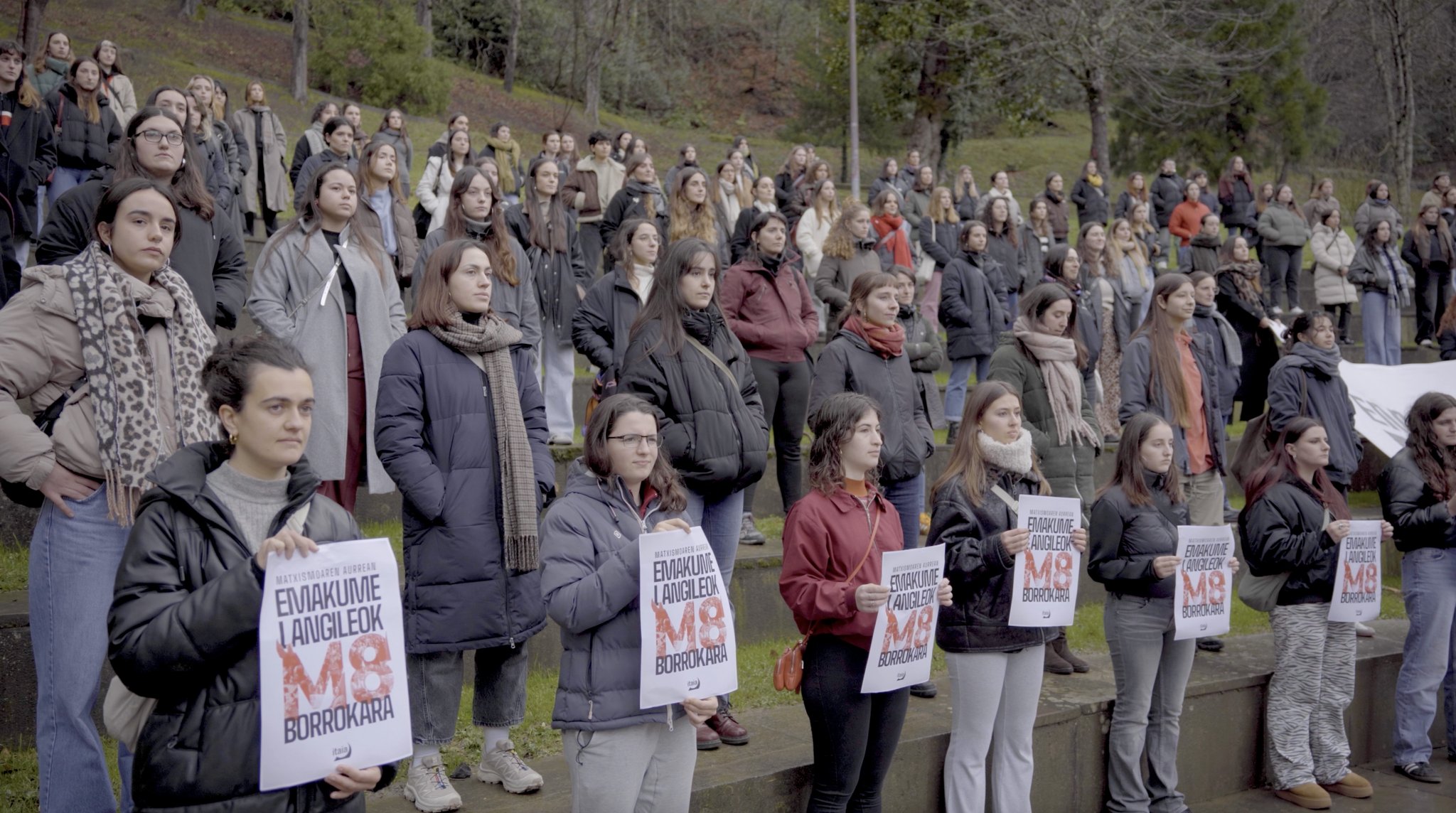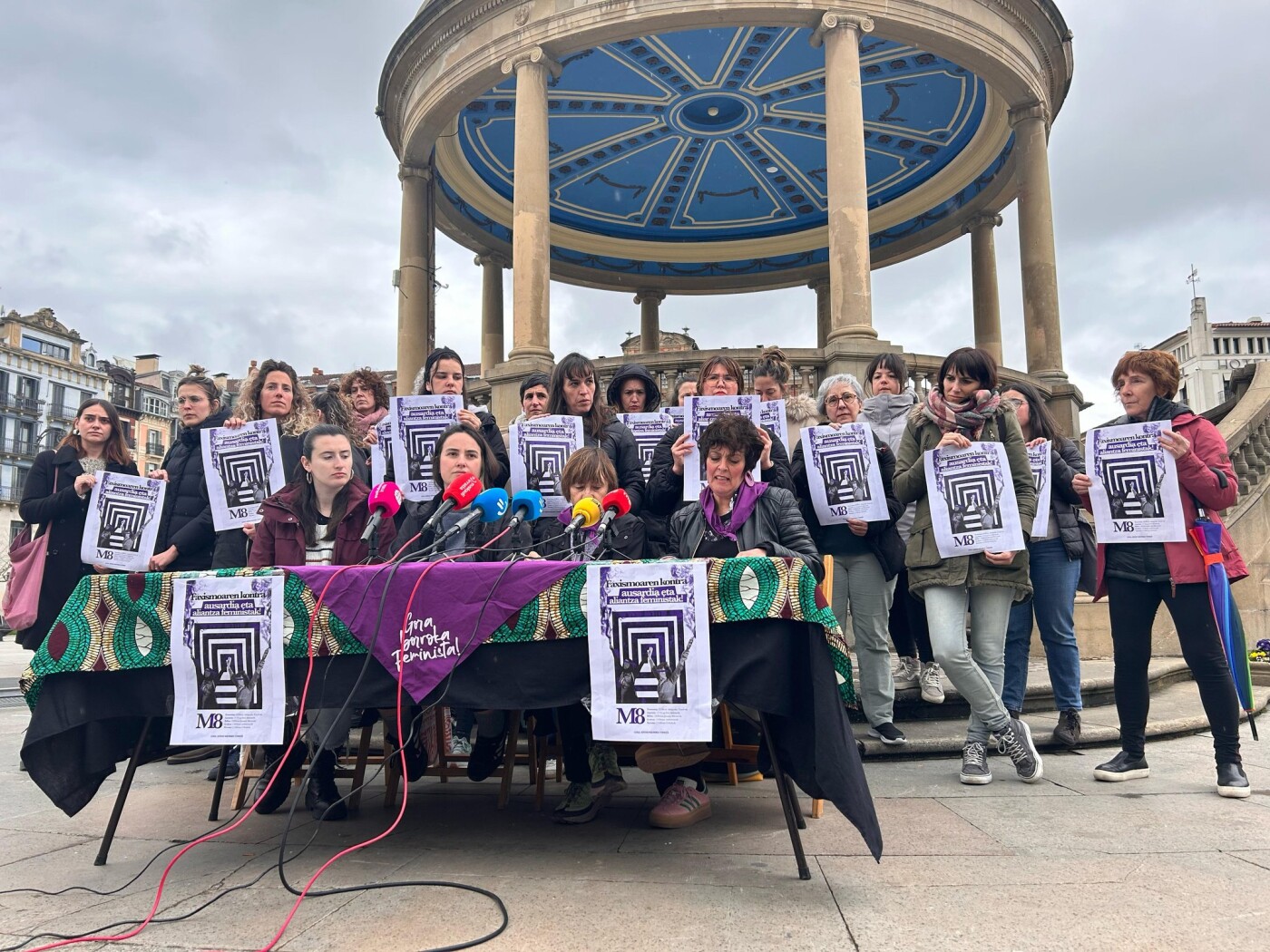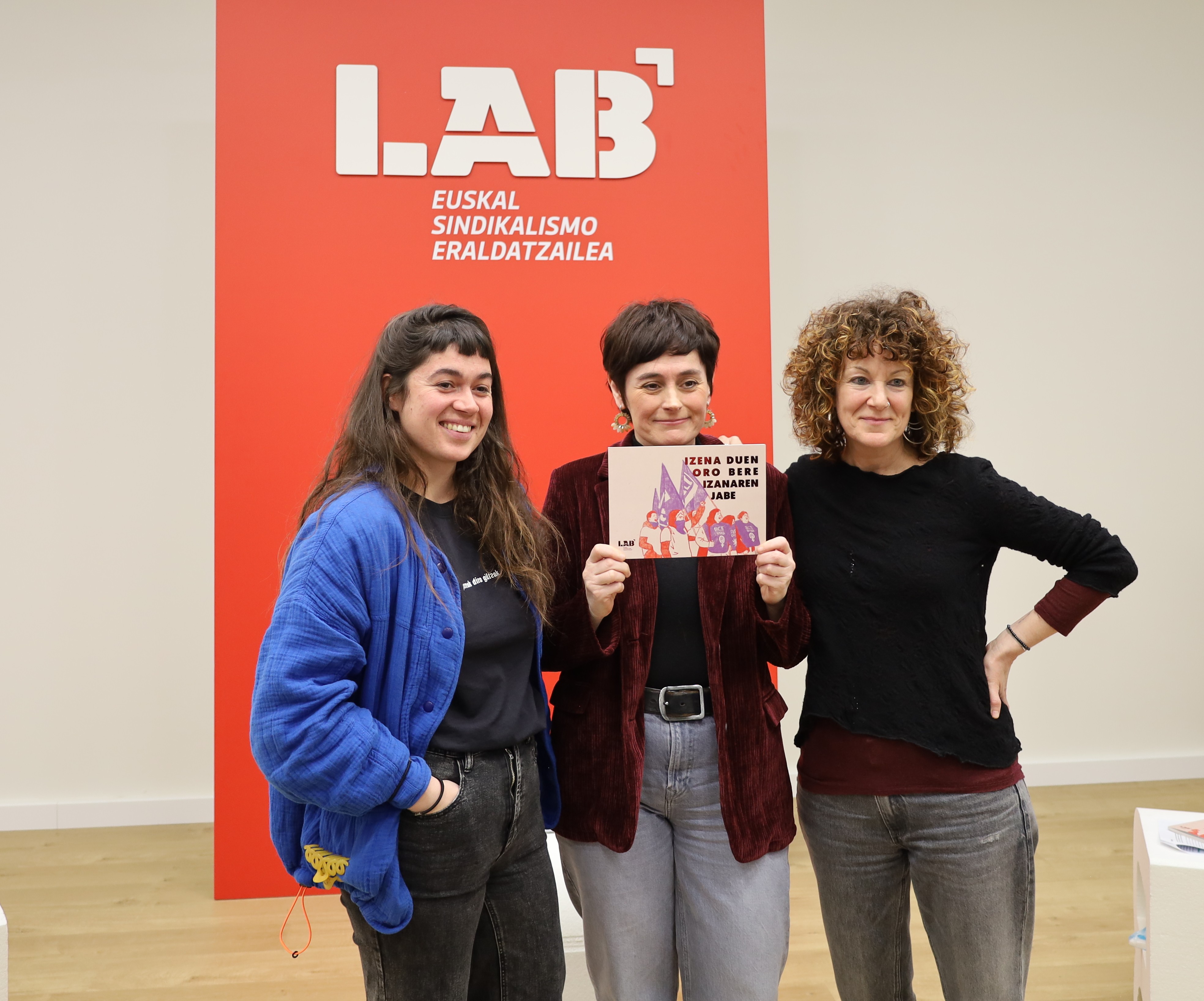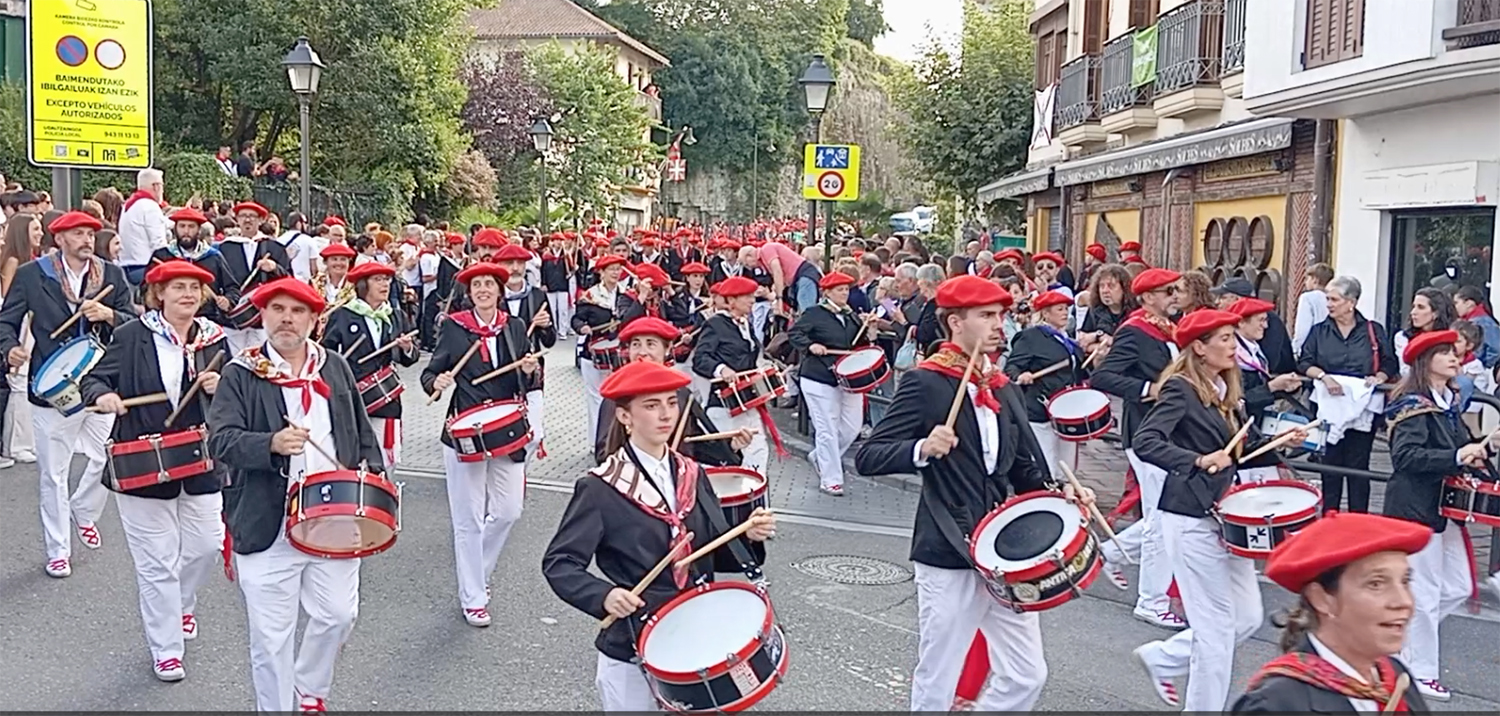"We have to recognize that as a white woman we are in a privileged place."
- The Quebetan researcher, Naïma Hamrouni, has as a subject of reflection the racist woman. Is your femminisme est-il blanc? Femmes racisées et recherche féministe (Is the subject of feminism white? Racist women and feminist research). An essential work on intersectionality and the need for decolonization of feminism.
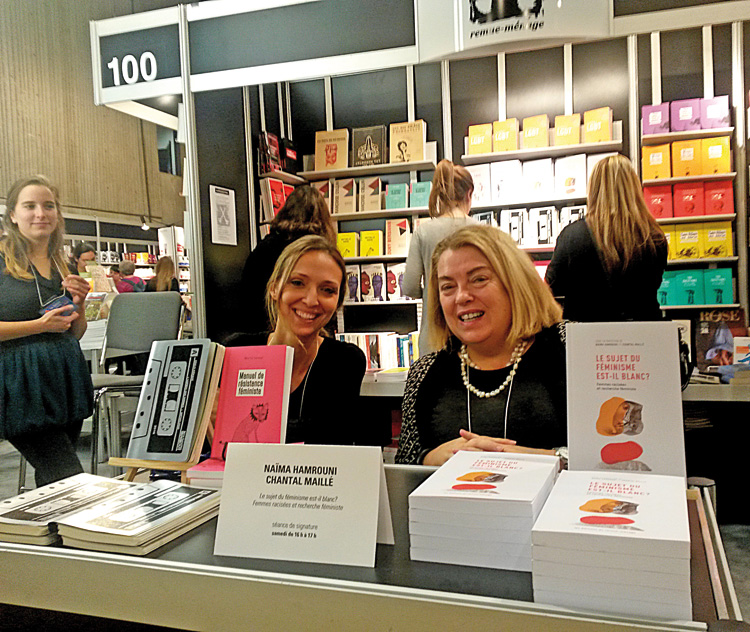
The book explains the need to use the term “cluster woman”.
We use this term to underline the social construction of race, so as not to silence this system of differentiation that entails the primacy of some and the oppression of others. Despite the scientific consensus that biological races do not exist, this social categorization is there and they have to suffer the races.
You say that you still have to decolonize knowledge.
In addition to feminism, we must decolonize the social sciences in general. Scientific productions in Africa, Asia and Latin America have not been taken into account for a long time. Today, they are still despised or despised, stereotyped as exotic. Major research on racist women has often failed in attempts to consider the voice of these subjects. In addition, they have ignored the representations of racialized women themselves through their lived experiences. Thus, they participate in the maintenance of stereotypes: they are configured as victims of patriarchal or religious oppression, or as victims of passive categories and without agents.
What do you answer to the question “Is the subject of feminism white?”
The experiences of white women have long been subject to the feminist movement and dominant feminist theories. For example, in the 1960s and 1970s, while the right to contraception and abortion was the main demand of the mainstream feminist movement, black and indigenous women were mainly concerned about forced sterilization; they considered the demand for control of their own body to be different. Today, feminism is less and less white: there is more reflection on the place to be devoted to knowledge, experiences, experiences and minority struggles, and the works of racialized women are more taught. For example, they are comprehensive courses aimed at post-colonial, Muslim or Black feminisms. But paradoxically, directing an extraordinary place within the feminist study also fosters adherence to mainstream white feminism and to the differentiation between racist feminist knowledge.
What are the keys to decolonized feminism?
It must be clear that not all women are in the same situation and that we are experiencing different oppression. It must also be acknowledged that as a white woman we are in a privileged position. Once this is accepted, the women directly affected by the issue must be given the floor, as, as Bel Hooks said, “we own the feminist movement.” The condition for preventing colonialism and the prolongation of infantilization is to rethink the ways of making solidarity: white women, acting as a transmission belt of the demands of racialized women, show real active support.
Without intersectionalism, there is no very inclusive “we” subject.
Some women experience the interweaving of various systems of oppression. In addition to sexism, heterosexism of course, also racism, for example, racist women. It is not a question of saying that the experience of these women is worse or more serious, but it is qualitatively different, and of being clear that the responses to these injustices will be different.
It uses the concept of “sexual dehumanization”.
In political philosophy, theories of distributive justice and acceptance observe the injustice and inequality experienced by citizens. The injustices faced by racialised women cannot be limited to access to employment, income, powers or functions – distributive justice – or to positive knowledge – theory of knowledge – of cultural inequality. They experience dehumanization: they are considered and treated as less than man. They feel it, at least in two areas: in the psychological, their status as an agent is denied and their autonomous choice is annulled. For example, we hear that the woman who has a hijaba is necessarily alienated. Secondly, in the physical field, sexual violence is linked to the category of race. For example, when they are stripped of the Muslim diaper or when they suffer insults linked to their origin.
One inclusive “woman” or eleven small “us”?
Diversity and difference are, as well as necessary, fruitful. In my opinion, the key to a real liberation struggle is to maintain different feminist groups and make occasional alliances. The assessment of inequalities in feminism also serves to prevent the recovery of marginal forces and the elimination of minority forces from the main perspectives.
‘Black’ feminismoa oinarrian
“Pertsonalki edota hurbilekoek bizitu bizipenak hitzez adierazirik kausitu nituen Bel Hooks, Audre Lorde eta Angela Davis idazleen obrak irakurtzearekin, besteak beste. Egunerokoan bizitutakoaren zentzua eta zehaztasunak kausitu nituen idatzi horietan. Orduan nuen zapalkuntza sistemen inbrikazioaz kontzientzia hartu”.
Lantzeko inauteri txikien kalejira ikusle guztien begietara urtero modukoa izan zen. Txatxoak, Zaldiko, Ziripot eta Miel Otxin herriko ostatuko ganbaratik jaitsi eta herritik barna bira egin zuten txistularien laguntzarekin. Askok, ordea, ez zekiten une historiko bat bizitzen... [+]
Martxoaren 6an 11:00etan Bilbon eta Iruñean mobilizazioak egingo dituzte sindikatuek, patronalak eta Eusko Jaurlaritza zein Nafarroako Gobernua interpelatzeko, zaintza eskubide kolektiboari dagokionez.
Martxoaren 8a hurbiltzen ari zaigu, eta urtero bezala, instituzioek haien diskurtsoak berdintasun politika eta feminismoz josten dituzte, eta enpresek borroka egun hau “emazteen egunera” murrizten dute, emakumeei bideratutako merkatu estereotipatu oso bati bidea... [+]
Martxoak 8aren izaera iraultzailea berreskuratzeko deia egin du Itaia emakumeen antolakunde sozialistak. Irene Ruiz Itaiako kideak azaldu digunez, “oldarraldi erreakzionarioaren eta matxismoaren aurrean proposamen iraultzailea hauspotu eta kontzientzia sozialista... [+]
Gazteagotan baino lotsa handiagoa dauka, baina horrek ez dio saltsa askotan ibiltzeko gogoa kentzen Leire Zabalza Santestebani (Iruñea, 1990). Beste gauza askoren artean, Motxila 21 musika taldeko kidea da. Nabarmendu du musika gauza asko aldarrikatzeko bide izan... [+]
Martxoak 8a heltzear da beste urtebetez, eta nahiz eta zenbaitek erabiltzen duten urtean behin beren irudia morez margotzeko soilik, feministek kaleak aldarriz betetzeko baliatzen dute egun seinalatu hau. 2020an, duela bost urte, milaka emakumek elkarrekin oihukatu zuten euren... [+]
Miopia gero eta gehiago eta gero eta lehenago ari da garatzen, eta horren arriskua da dioptriak gehitzen joatea eta helduaroan begiari lotutako hainbat gaitz izateko aukerak dezente handitzea. “Eguzki-argia jasotzea inportantea da, eta denbora asko ez igarotzea oso gertu... [+]
Martxoaren 8an kalera ateratzera deitu ditu herritarrak mugimendu feministak, "desberdinkeriek bere horretan" dirautelako. Zapalkuntza mekanismo berriak agertu direla salatu dute, eta feminismoa "ezkerreko borroken erdigunera" eramateko beharra aldarrikatu.
Istorioetan murgildu eta munduak eraikitzea gustuko du Iosune de Goñi García argazkilari, idazle eta itzultzaileak (Burlata, Nafarroa, 1993). Zaurietatik, gorputzetik eta minetik sortzen du askotan. Desgaitua eta gaixo kronikoa da, eta artea erabiltzen du... [+]
This wedge that the announcement on the radio Euskadi to replace the bathtub with a shower encourages the commencement of the works in the bathroom of the house. A simple work, a small investiture and a great change are announced. There has been a shift in toilet trends and a... [+]











